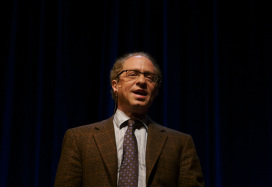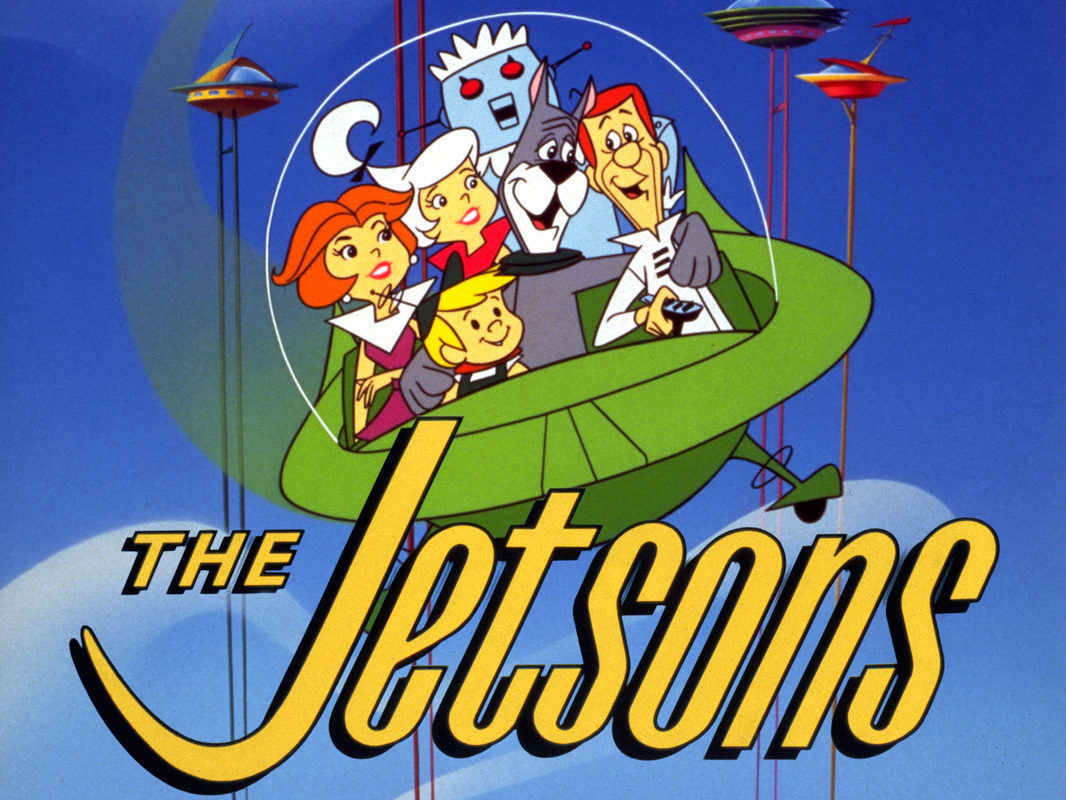Futurology: What? Why? When?
It's been more than half a century, where's my robot?Fifty years have passed since Hannah-Barbera's futuristic cartoon, The Jetsons aired on prime time television, and many of us are still asking why we haven't got a Rosie The Robot, to complete our most mundane chores.
To be fair, The Jetsons was set 100 years in the future, in 2062, so they still have a way to go, but the progress being made would suggest that by the time 2062 does come around, Rosie could well be a member of everyone's family. The Jetsons was the first exposure for millions around the world, to what an every-day family might expect. Hannah-Barbera wanted a futuristic version of their highly successful Stone-Age cartoon, The Flinstones. Little did they know the influence it would have on would be child inventors and innovators. Future Science has taken many of the gadgets and gizmos featured in The Jetsons and turned them into reality. It really should be national curriculum compulsory viewing for all children. |
We are all Futurologists

If you are an avid Soap Opera viewer, you will be familiar with the characters, their fictional lives and times, and the plot lines they regularly feature in. It's not Agatha Christie's Miss Marple, it's not Leo Tolstoy's War and Peace. If you think of a character from the show, consider what has gone before, think about their current storyline - you know what's going to happen next, don't you?
Using existing data, Futurology, or Future Studies, as it is also known, extrapolates the possible and the probable, merges it with advances in other fields, and postulates the future.
It would be considered a science for you and I to work out what will happen with mobile phones or computers in the next few years, but there are extremely respected people, such as Ray Kurzweil (pictured) and Michio Kaku, that use scientific algorithms, historical data, knowledge and contacts in the science, military and technology fields, that are able to extrapolate that information to create a vision of the world's future.
Using existing data, Futurology, or Future Studies, as it is also known, extrapolates the possible and the probable, merges it with advances in other fields, and postulates the future.
It would be considered a science for you and I to work out what will happen with mobile phones or computers in the next few years, but there are extremely respected people, such as Ray Kurzweil (pictured) and Michio Kaku, that use scientific algorithms, historical data, knowledge and contacts in the science, military and technology fields, that are able to extrapolate that information to create a vision of the world's future.
Art meets scienceAs with any theoretical field, Futurologists face criticism. The only dead cert is a completed prediction. Any error of judgement will be magnified to condemn or criticise.
Although author, Geoffrey Hoyle, predicted in 1972 that we would all be wearing jumpsuits by now, he also predicted "Vision phones" and that we would be doing our grocery shopping on-line. HG Wells predicted nuclear weapons in 1914 and Science Fiction writer, Arthur C Clarke, forecast a future including a network of satellites in geostationary orbits. In his 1989 book, Earth, David Brin, described personalised web interfaces and a decline of privacy. Brin described Futorology, "The top method is simply to stay keenly attuned to trends in the laboratories and research centres around the world, taking note of even things that seem impractical or useless. You then ask yourself: 'What if they found a way to do that thing ten thousand times as quickly/powerfully/well? What if someone weaponised it? Monopolised it? Or commercialised it, enabling millions of people to do this new thing, routinely? What would society look like, if everybody took this new thing for granted?" |
Click on the book image to read more from David Brin
|
Why not have a go yourselfThe video on the right features technology that many of us won't have known existed. Futurologists make it their business to knot just know what exists but what is being developed and what could be developed further.
Take, for example, the retinal implants that have been worked on to aid the blind. If we were to add the technology of Google Glass (we have written about this HERE), and consider the possibilities, it wouldn't take long before we are adding computer chips, a little bit of the bionics also shown in the video, a few sketch pad doodles, and et voila, bionic eyesight that can also operate as a fully functioning computer. Okay, maybe not. While a respected Futurologist will know the likely outcome, over a good few years at least, it shoudn't stop us trying ourselves. We can all let our imaginations flow. We can all do rudimentary research. We can all invent our own futures - why not have a go at inventing the world's future... |
|


